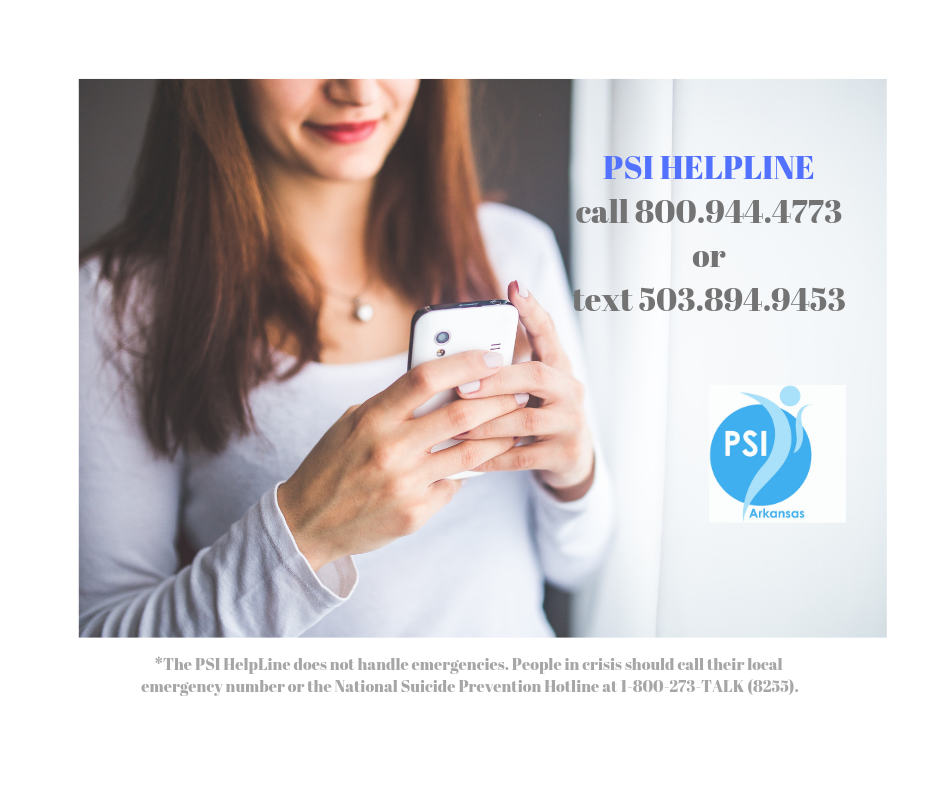As a mom of three, I feel as though I have been through it all. I know how hard those days, weeks, and months after giving birth can be. It’s important to equip ourselves as early as possible about perinatal mood disorders (PMAD's) and what our options are. It took me until after my second child to really understand what I had gone through and to realize that it was a treatable illness. For my third, I was proactive, and it made all the difference in the world. What made the difference was educating myself on the signs and symptoms of postpartum depression, staying active, and finding an OB-GYN that I trust and can talk to. Also, since I knew that I had a history of PMAD's, I made an appointment with a therapist before even giving birth.
I volunteer with Postpartum Support international because I know how hard it is to get knowledgeable help. I work to find and coordinate local resources and I’m here for families to help set them in the right direction to wellness. If you would like to be connected to local resources, you can always reach out to me. If you are a resource, I would love to hear from you.
As a Postpartum Support International (PSI) Coordinator, I talk to moms all the time who are reaching out for help. Most moms don’t know the name for what they are experiencing—they just know something is not right.
So many times, I hear:
- I love my baby, but I’m angry all the time
- I love my baby, but I just don’t feel like myself
- I love my baby, but I am so anxious I don’t want to leave the house
Experiencing a perinatal mood disorder does not make you a bad mom, and it doesn’t have to include not feeling attached to your baby. Postpartum Depression doesn’t have one “look,” and it is not the only mood disorder that can happen in the postpartum period. Perinatal Mood Disorders (PMAD’s) include:
- Postpartum Depression
- Postpartum Anxiety
- Postpartum OCD
- (rare but still relevant) Postpartum Psychosis
Common symptoms for each can include:
Postpartum Depression:
- feelings of anger or irritability
- lack of interest in the baby
- appetite and sleep disturbance
- crying and sadness
- feelings of guilt or shame or hopelessness
- loss of interest in things you used to enjoy
- possible thoughts of harming the baby or yourself.
Postpartum Anxiety:
- racing thoughts
- constant worry
- feeling that something bad is going to happen
- disturbances of sleep and appetite
- inability to sit still, and physical symptoms like dizziness or hot flashes
Postpartum OCD:
- obsessions, also called intrusive thoughts, which are persistent, repetitive thoughts or mental images related to the baby.
- compulsions where mom may do certain things over and over again to reduce her fears and obsessions, sense of horror about the obsessions,
- fear of being alone with the infant,
- hypervigilance in protecting the infant
*Moms with postpartum OCD know that their thoughts are bizarre and very unlikely to ever act on them.
Postpartum Psychosis:
- delusions or strange beliefs
- hallucinations
- feeling very irritated
- hyperactivity
- decreased need for or inability to sleep
- paranoia and suspiciousness
- rapid mood swings
- difficulty communicating at times
If you identify with any of these symptoms, please reach out because help is waiting for you. If you feel like these don’t exactly describe what you are going through, you can still reach out- we are happy to talk with you.

Postpartum Support International (PSI) provides direct peer support to families, trains professionals, and provides a bridge to connect them. PSI support volunteers and professional members are a beacon of hope, a lifeline through the hardest days. We support all pregnant, postpartum, and post-loss families through our telephone warmline, state and country support coordinators, chats, forums, and groups. Here are links to PSI services:
•PSI HelpLine volunteers provide direct support and links to local resources and trained professionals. Call 800-944-4773 or text 503-894-9453.
•The PSI website www.postpartum.net has information, resources, and connection to local support coordinators.
•Our Support Coordinators provide direct support and resources to families through email, phone, and text. Find your local coordinator and they will help you connect locally.
•PSI Online facilitated support groups every week, in English and Spanish.
•Weekly Chat with an Expert forum, facilitated by a licensed perinatal mental health provider
•A support group on Facebook that moms can enter by request, offering support to anyone seeking a place to share, find help, or offer guidance.
•There are multiple opportunities for volunteering: as a state, province, or country coordinator, on the telephone Helpline (in English or Spanish), blogging, online support, helping set up state chapters, and more. If you would more information about volunteering or PSI state chapters, please email cbanks@postpartum.net.
•PSI trainings (in English and Spanish) for providers (including webinars) are ongoing, including frontline provider training serving rural and underserved areas.
Leah Fode
NWA PSI Coordinator
Email: leah.fode@gmail.com
(501) 683-8976



